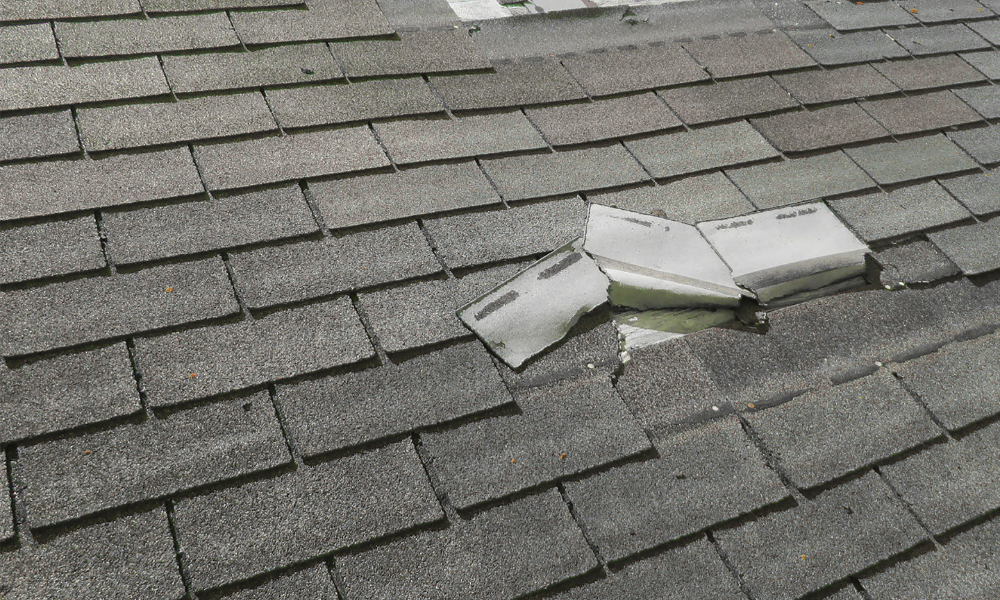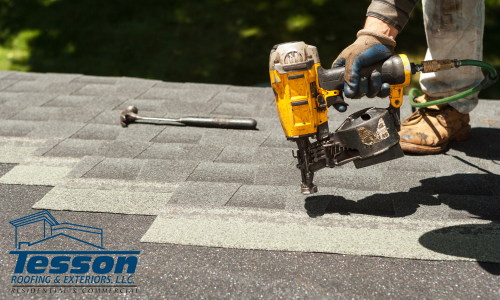Your roof, the stalwart guardian of your home, withstands the elements day in and day out. Over time, wear and tear are inevitable, raising the critical question: repair or replace? Making the right decision is essential to ensure your home stays safe and dry. In this article, we’ll guide you through the factors to consider when determining whether it’s time to repair your roof or replace it entirely.
1. Age of the Roof:
Start by considering the age of your roof. Most roofs, depending on the material, have an average lifespan. For example, asphalt shingle roofs typically last 20-25 years, while metal roofs can endure for 50 years or more. If your roof is nearing the end of its expected lifespan and showing signs of wear, it might be more cost-effective to replace it instead of investing in continuous repairs.
2. Extent of Damage:
Assess the extent of the damage. If the issues are localized, such as a few missing shingles or minor leaks, repairs might suffice. However, if the damage is widespread, covering a significant portion of the roof, replacement might be the more prudent choice. Constant repairs on an extensively damaged roof can end up costing more in the long run.
3. Frequency of Repairs:
Consider how often you find yourself repairing the roof. If you’re frequently calling in professionals to fix leaks or replace damaged materials, it might indicate that your roof is reaching the end of its life. Persistent problems suggest underlying issues that a new roof could resolve.
4. Energy Efficiency:
Modern roofing materials come with energy-efficient options, such as reflective coatings that can reduce your cooling costs. If your current roof lacks energy efficiency and you’re looking to make your home more eco-friendly and cost-effective in the long term, investing in a new roof might be a wise decision.
5. Visual Inspection:
Perform a visual inspection of your roof. Look for signs of sagging, mold growth, or daylight seeping through the attic. These are red flags indicating serious issues that merit roof replacement. Additionally, if your roof appears old and worn, replacing it can enhance your home’s curb appeal and increase its value.

6. Budget Considerations:
Evaluate your budget and long-term financial plans. While a roof replacement requires a significant initial investment, it can save you money on frequent repairs and energy bills in the future. If your budget allows, investing in a new, durable roof can be a wise financial decision.
7. Professional Inspection:
When in doubt, consult a professional roofing contractor. Experienced roofers can conduct a thorough inspection, identifying hidden issues and providing expert advice on whether repairs or replacement are necessary. Our insights can help you make an informed decision tailored to your specific situation.
Tesson offers FREE, thorough estimates to determine what the best course of action is for your home. Learn more by clicking/tapping here.
In conclusion, the decision to repair or replace your roof depends on various factors, including its age, extent of damage, frequency of repairs, energy efficiency, visual inspection, budget, and professional advice. By carefully considering these factors, you can make the right choice for your home, ensuring it remains a safe and secure haven for years to come.
